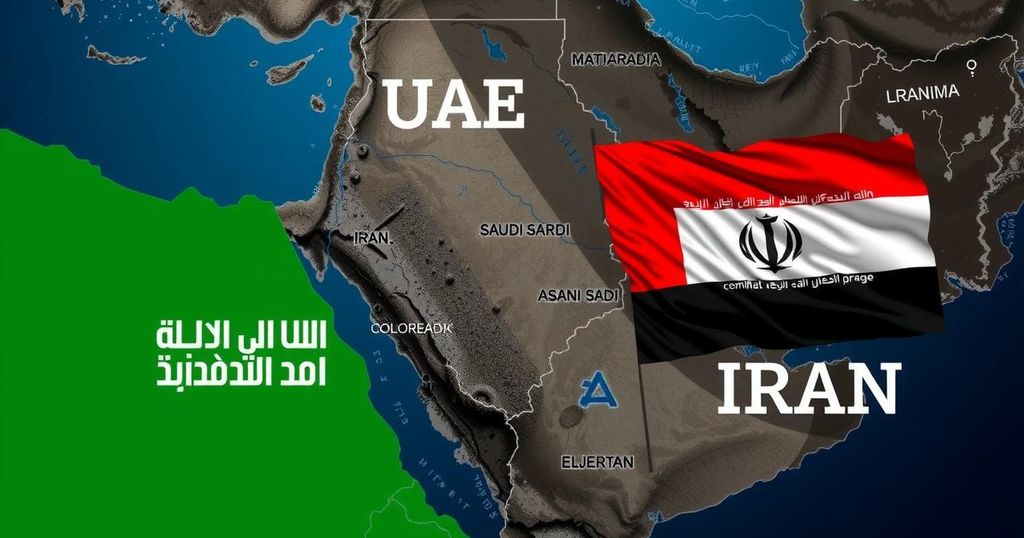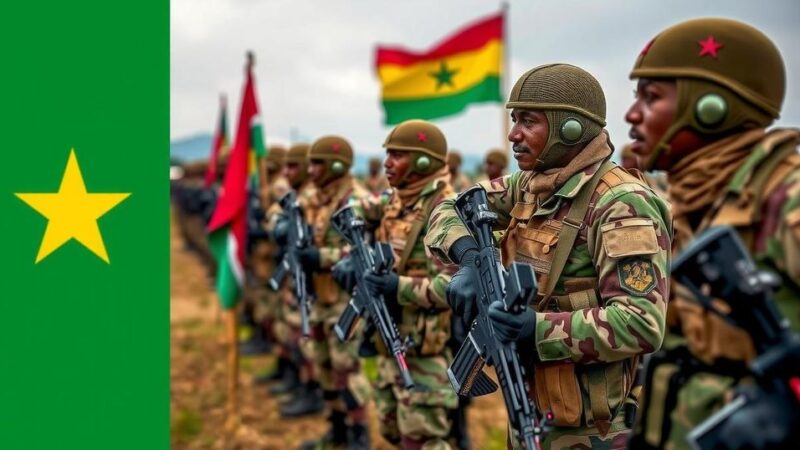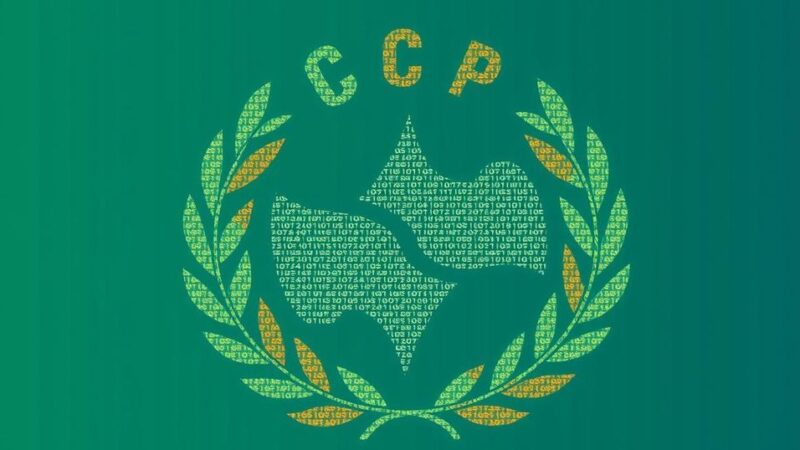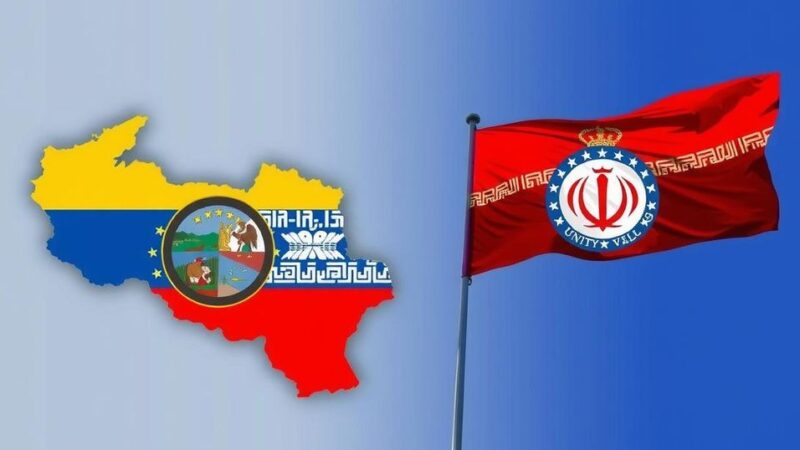Recent responses from Saudi Arabia, the UAE, and Egypt following Israel’s military strike against Iran illustrate a notable shift towards diplomatic moderation. Instead of issuing strong condemnations, these countries emphasized sovereignty and regional stability, pointing towards a potential strategic realignment that acknowledges Israel’s role in curbing Iranian influence.
In the intricate landscape of Middle Eastern geopolitics, the recent responses from Saudi Arabia, the United Arab Emirates (UAE), and Egypt following Israel’s military actions against an Iranian facility reveal a significant nuance in the relationships among these nations. Traditionally, such actions would generate strong condemnation from these Arab states. However, the latest declarations have showcased a notable shift towards a more moderated, diplomatic stance. These nations have emphasized broad concepts such as “sovereignty” and “de-escalation” without explicitly denouncing Israel, suggesting that there may be a strategic reorientation at play. The UAE’s response, while condemning the military strike, focused on urging “utmost self-restraint” and promoting dialogue, highlighting a preference for diplomacy rather than direct confrontation. This underscores their ongoing alignment with Israel, especially following the Abraham Accords which established a framework for improved economic and security cooperation. Saudi Arabia echoed similar sentiments by describing the Israeli strike as a “violation of sovereignty” but concurrently stressing the importance of regional security and stability. This approach signifies a departure from previous years when Riyadh would have articulated stronger disapproval. Today, their cautious tone suggests an implicit tolerance of Israel’s security measures against Iran’s influence in the region. Egypt, too, exhibited a pragmatic approach by issuing a warning against escalating confrontations that threaten regional peace, voicing a concern that could apply to various conflicts, including those involving Gaza and Lebanon. By framing the response around overall stability rather than singling out Israel, Egypt reflects its position as a mediator in the region, wary of any unrest that could spill across its borders. Collectively, these carefully crafted statements indicate a potential strategic realignment among these nations, where combating Iranian influence and ensuring national security takes precedence over vocal support for Palestine. Despite their ongoing commitment to the Palestinian cause, the responses reveal a complex reality: an evolving dynamic wherein Israel may be viewed less as an adversary and more as a crucial partner in stabilizing a tumultuous region.
The geopolitical relations among Saudi Arabia, the United Arab Emirates, Egypt, and Israel have historically been defined by a mix of competition and enmity, particularly concerning Iran’s regional ambitions. In light of ongoing tensions due to Iran’s influence and actions, a recalibration of relationships appears to be taking place. As traditional barriers dissolve, these nations seem to be aligning their interests in favor of regional stability and security, particularly in reacting to threats from Iran. This shift takes place amidst ongoing discussions regarding Palestinian rights and aspirations, complicating their diplomatic stances and intentions.
In conclusion, the responses from Saudi Arabia, the UAE, and Egypt concerning Israel’s actions against Iranian targets signal a critical evolution in Middle Eastern diplomatic dynamics. Rather than traditional denunciations, these nations have adopted a tone of cautious support that acknowledges their growing recognition of Israel’s role as a buffer against Iranian expansionist policies. This evolution not only highlights shifting priorities in the region but also hints at the potential for more cooperative relations in addressing common security concerns moving forward.
Original Source: www.jpost.com






